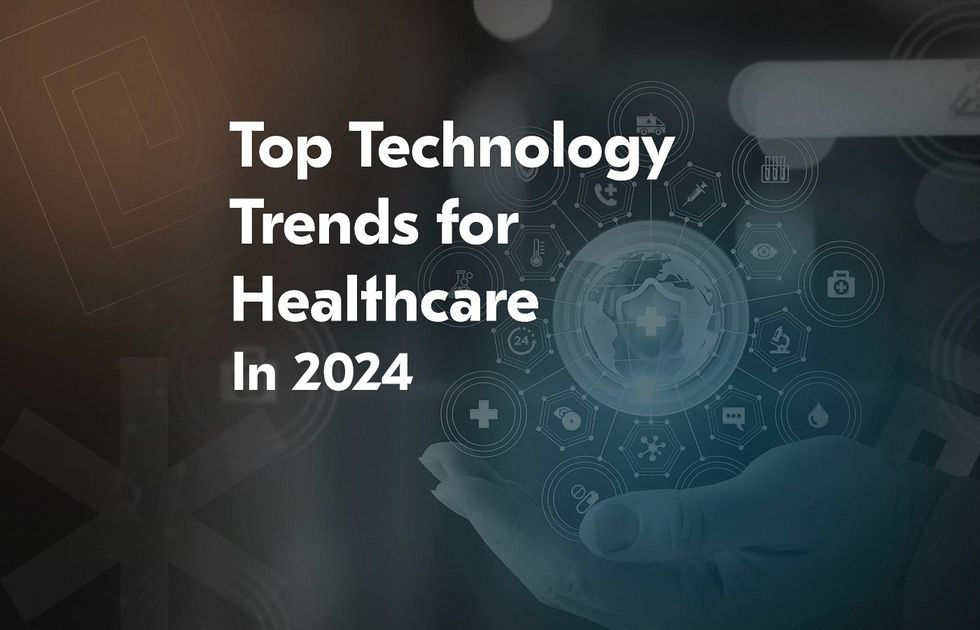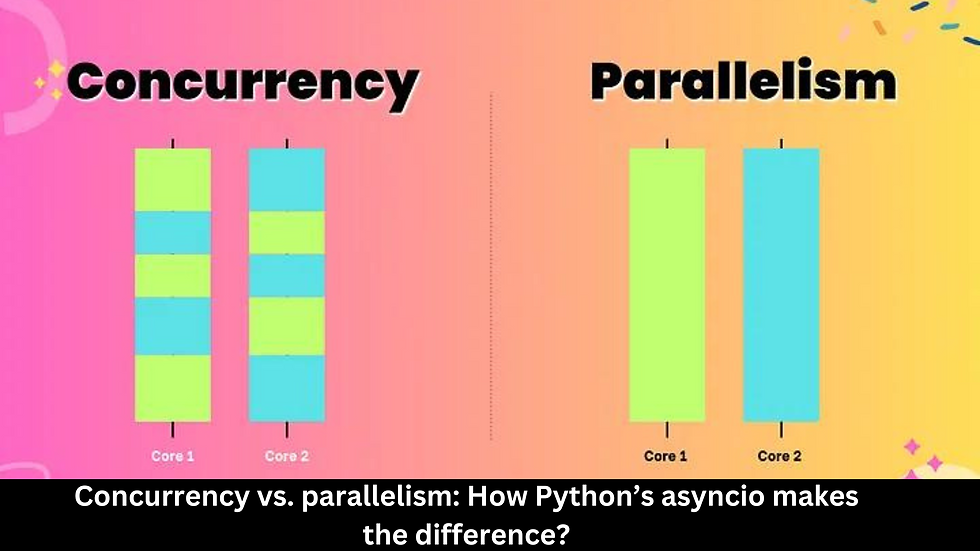Top 10 Technologies used in Healthcare Software Development in 2024
- Shaikh N

- Mar 20, 2024
- 4 min read
As the patients are becoming more aware, the healthcare industry is experiencing a massive transformation towards personalized and efficient care delivery. Leading this change is healthcare software development with technology advancing patient care, operational efficiency as well as overall healthcare outcomes.

With their customized solutions for clients in the healthcare sector, cutting-edge health software development company have deployed state-of-the-art technologies. Here are ten critical technologies behind the innovative healthcare software development that are redefining the healthcare system.
Healthcare CRM
Patient engagement is improved, and customer interactions are managed by Healthcare Customer Relationship Management (CRM) software that can optimize workflows within healthcare organizations. To deliver personalized care, healthcare CRM systems integrate patient data, appointment scheduling, and communication channels into a central platform. Hospitals and healthcare systems can experience the following benefits after integrating healthcare CRM to their
Centralized patient data management
Easy access to patient’s history and important medical reports
Prompt care coordination
Patient engagement
Compliance and data security
Improved communication
Enhanced efficiency
Blockchain
The technology that is going to transform everything in the medical field is the blockchain. Numerous blockchain-based start-ups that are tackling some of the actual problems facing the medical sector have demonstrated their potential, which is excellent.
Blockchain development is highly advantageous for any firm that deals with data security and safety in the medical field because of its various features. Users can maintain the security of their information at all times and enjoy anonymity thanks to the decentralized function.
Blockchain technology plays a crucial role when it comes to track patients’ data. With the help of stored data, the medical professionals can identify key performance indicators, scanning data for malicious activities and security storing patient’s history. Storing data for future reference is essential as it can help doctors to access patient’s personal information and provide better medical care as soon as possible.
Chatbots
In health facilities, chatbots are now used by many patients instead of communicating with people. These virtual assistants, which AI powers, can help users schedule appointments in real time or get tailored wellness tips via text or speech interfaces. Customized solutions developed by companies offering custom health software development assist in streamlining operations, allowing primary care workers to manage overflowing inquiries about insurance coverage efficiently.
Artificial Intelligence and Generative AI
Artificial intelligence and generative AI level up the healthcare operations when combined with healthcare software development. The AI-driven algorithms study large patient datasets for regularities, forecast the progression of diseases, or even personalize treatment plans. Diagnostic tools like imaging centres, MRI centres are equipped with AI and generative AI to deliver accurate diagnostic and helps prevent further damage.
Internet of Things (IoT)
This ecosystem represents an opportunity for remote monitoring of patients at home or the place where they live: it replaces communication between medical devices using Human Machine Interfaces (HMI) and helps to find medical equipment quickly. These IoT devices capture the health data of patients in real time, transmit vital signs, and facilitate early interventions for the management of chronic diseases. To ensure a seamless exchange of data and enhanced clinical decision-making through information technology, connected health software solutions are created by companies specializing in custom healthcare software development.
SSL for Cybersecurity
In order to ensure that patient’s sensitive information is safe from unauthorized users, SSL encryption is an essential component of healthcare software development today. The SSL technology plays a crucial role in securing internet transmission between the user accessing a healthcare application and the patient record being stored by encrypting it during its journey over the network.
The demand for these certificates to safeguard patient privacy has never been so important than today because of increasing cyber-attacks and cyber criminals who are becoming more daring when it comes to breaching company security systems.
Virtual Reality and Augmented Reality
AR and VR are reshaping medical training by educating patient about the complex surgeries. With the help of AR, the patient can understand complex medical process that his surgeon will be going to perform on him. It helps make the patient prepare his mind.
Besides, integrating AR and VR in healthcare software development can enable medical professionals to enhance their technical skills and improve overall outcome. Thus, healthcare systems and hospitals can leverage these advanced technologies for better education, training and improved results.
Electronic Health Records (EHR)
Modern healthcare systems depend on Electronic Medical Records (EMRs), which improve storage, retrieval and documentation of patient health records. EHR systems created by firms like those involved in custom-developed healthcare software streamline clinical workflows while increasing care coordination, leading to better overall patient safety outcomes. EHRs improve healthcare providers’ ability to exchange information while creating a comprehensive understanding of patients who deserve informed decision-making.
Personalized Mobile Apps
Patient engagement, telehealth services, and even managing chronic diseases have all transformed as a result of personalized mobile applications. Through this approach towards medical care delivery, patients can easily keep track of their health metrics, such as medication reminders or virtual consultations whenever necessary using their smartphones. Custom-built mobile apps come with personalized features and interactive interfaces that offer empowerment tools for patients as well as better outcomes for care providers.
Deep Learning
It is another extensively used technology that is relevant in many other areas, including the medical field. Machine learning, deep learning and generative AI have been around for a while, and as more potent software becomes available, its applications will only grow. There are many more application areas to look into in addition to the ones that are now in use, such as risk adjustment, predictive analytics, and automated monitoring.
Deep learning algorithms have revolutionized medical imaging analysis, precision medicine, and drug discovery. Deep learning models deploy intricate neural networks to analyse medical images and clinical records as well as genomic data to identify disease biomarkers, predict treatment responses, and optimize therapeutic interventions. In this way, deep learning empowers custom health software development companies to create novel solutions that propel medical research forward and enhance patient care quality.
Final thoughts
Thus, unprecedented changes are occurring in healthcare software development fostered by innovative technologies. These technologies range from AI-enabled chatbots to blockchain-based EHR systems, which are reshaping the face of healthcare provision by enhancing patients’ results while ensuring operational proficiency.








Comments